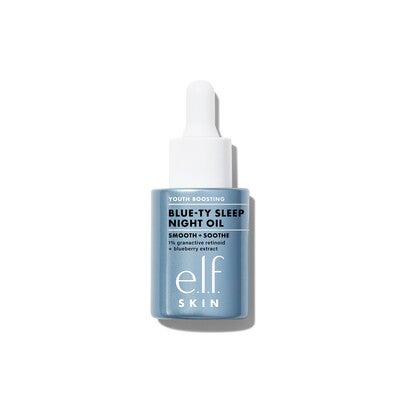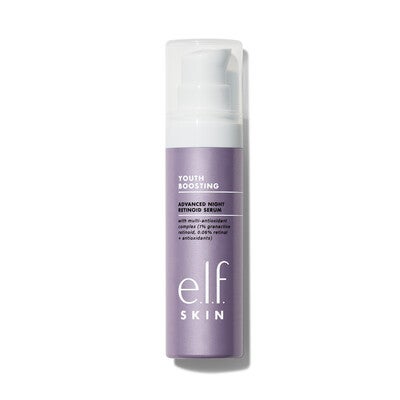Skincare with Retinoid

RETINOL AND RETINOID FAQS
WHAT ARE RETINOIDS?
According to the American Academy of Dermatology Association*, retinoids are a topical vitamin A-based drugs. They were first used in 1971 as treatment for acne, however in the 1980s, it was discovered that retinoids can have an impact on improving the signs of premature skin aging. Retinol is a commonly seen form of retinoids in anti-aging skincare. Retinaldehyde/retinal is another type of retinoid being used and it is believed by many scientists that retinal is more effective than retinol.
WHAT ARE THE BENEFITS OF RETINOL AND RETINOIDS?
Retinoids are one of the most used and most studied “anti-aging” ingredients. The American Academy of Dermatology Association* suggests there are many benefits of using retinoids. including helping to reduce the look of fine lines, fade the appearance of age spots, create an overall more youthful appearance and help with rough patches for smoother skin.
IS IT SAFE TO USE RETINOL EVERY DAY?
The American Academy of Dermatology Association* recommends starting with every other night and see how your skin tolerates the retinoid. From there you can slowly increase your usage of retinoids to a daily regimen, but always follow the directions on the product packaging for best results.
IS RETINOL SAFE FOR ALL SKIN TYPES?
Retinol and retinoids are safe for most skin types however the American Academy of Dermatology Association* recommends that you take care when using them as they can irritate the skin, particularly in people with skin allergies, dry skin, or sensitive skin. If you get any skin redness, excessive dryness, or itching, try using the retinoids less often or switch to a gentler anti-aging ingredient.
WHAT SHOULD I AVOID WHILE USING RETINOL?
When you are using retinol or other retinoids, the Mayo Clinic recommends you avoid certain skin care ingredients. Using a retinol at the same time as vitamin C, alpha-hydroxy acids (AHAs like lactic acid and glycolic acids), and beta-hydroxy acids (BHAs like salicylic acid) can dry out your skin even more and make it irritated. Using benzoyl peroxide with retinoids will cancel each other out and you won’t get any benefits to your skin. You always want to wear sunscreen when you are using retinoids as they may make your skin more sensitive to the sun.
*American Academy of Dermatology Association reference article

